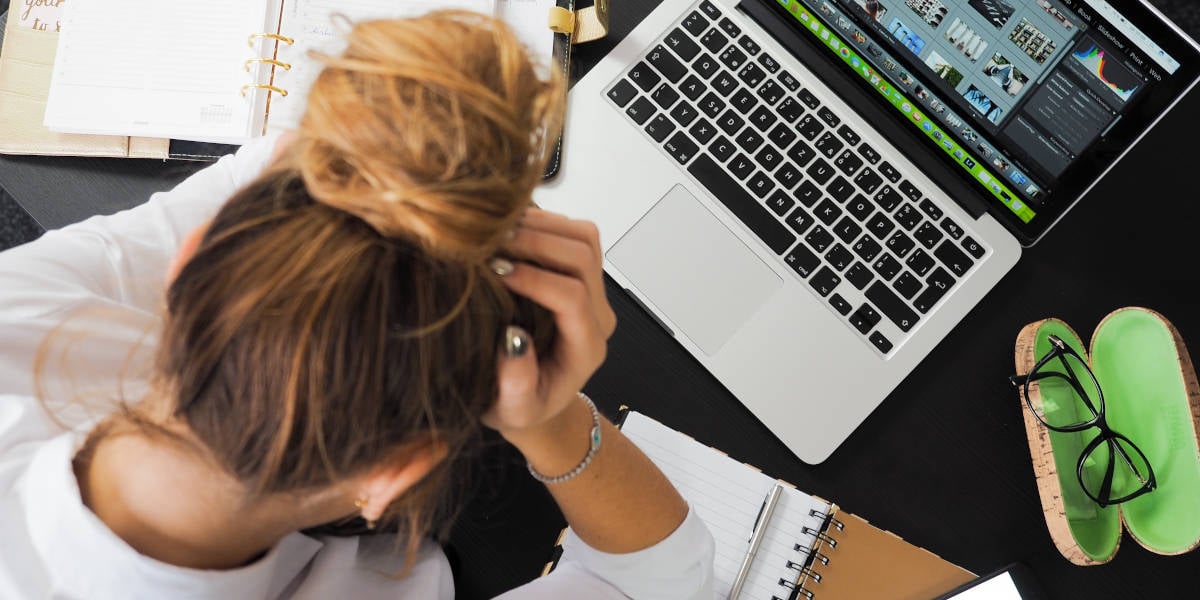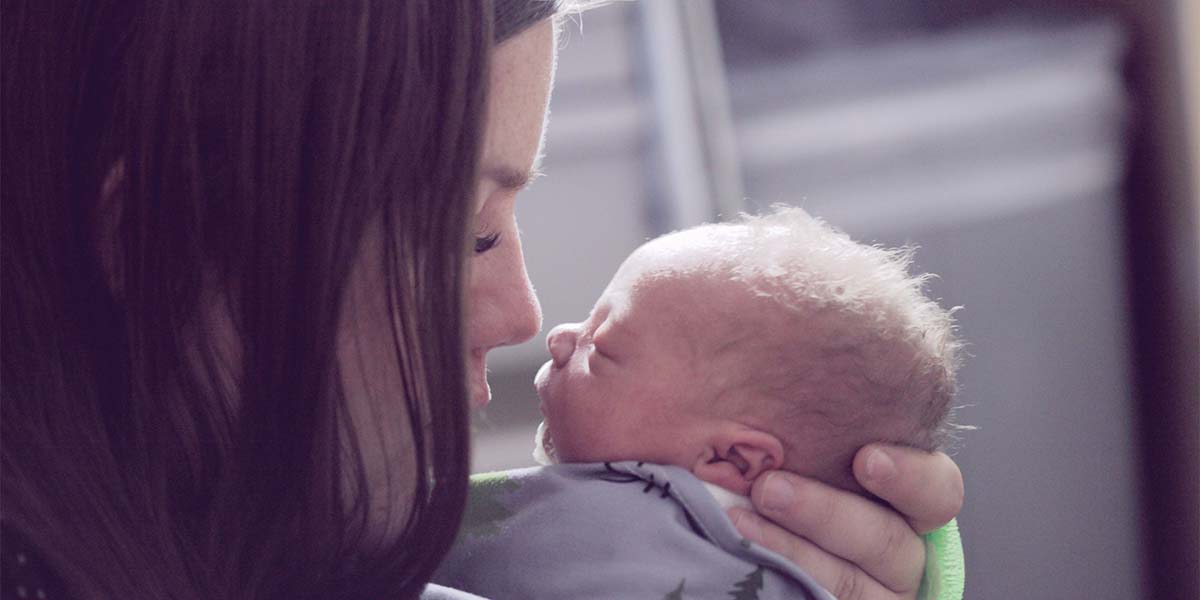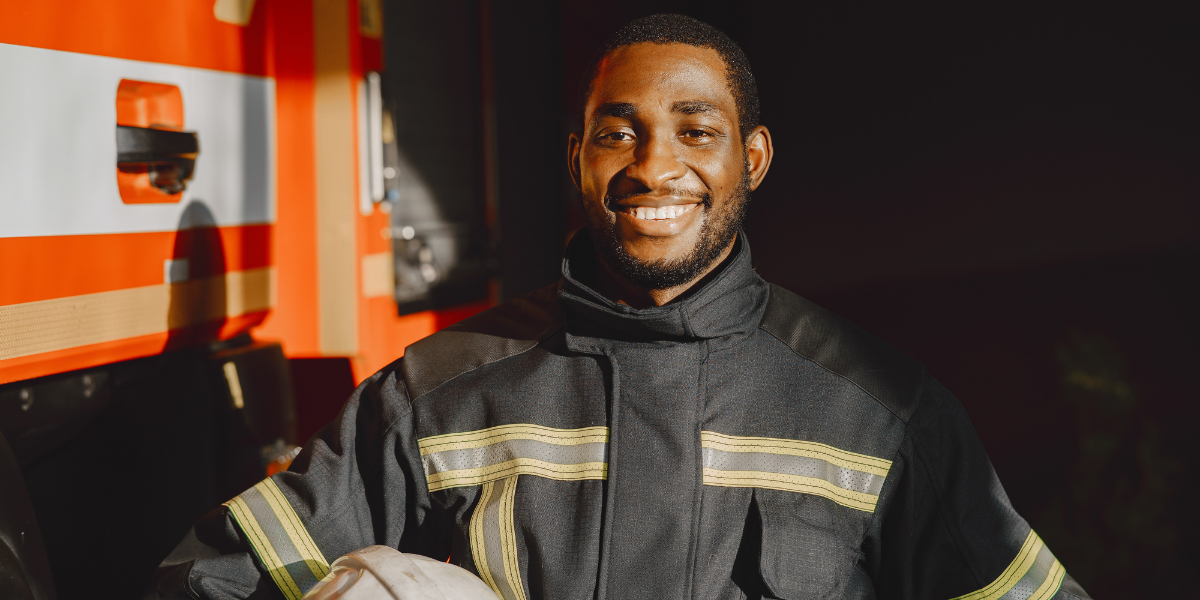
Struggle With Disordered Eating? Try These 6 Tips for Surviving the Holidays
For many, the holiday season brings sparkle—lights, laughter, gatherings, and tradition. But for individuals navigating an eating disorder, this time of year can stir up something entirely different: panic, dread, overwhelm, and a deep sense of being out of sync with the festivities around them.
Navigate a Season That Can Feel Anything But Merry
Loved ones who haven’t experienced an eating disorder—personally or alongside a family member—often wonder why something as routine as a holiday meal can feel so frightening. But food rules, body image, fear foods, and shame don’t take time off for the holidays. And a lack of understanding from others can make an already challenging season even harder.
The good news? With preparation, compassion, and support, the holidays can be manageable. Here are gentle, therapist-informed suggestions to help individuals protect their well-being throughout the season.
1. Respect Your NormalTravel, family gatherings, and schedule changes can disrupt routines—and for someone in eating disorder recovery, consistency often soothes anxiety. Whether it’s a morning walk, a grounding playlist, regular meals, or a comforting afternoon snack, those anchors still matter. Keeping supportive rituals in place can help the body and mind stay regulated, even away from home.
2. Plan Ahead—and Stay FlexibleWhen routines inevitably shift, preparing small supports in advance can make a big difference. Think calming strategies, supportive self-talk, breathing exercises, or packing familiar snacks. Plan for what’s in your control, and gently accept what isn’t. Refocus attention on what is possible in the moment—not what feels out of reach.
3. Honor Where You Are in Your Recovery
Everyone’s recovery timeline is different. Some may be newly seeking help. Others may be years into their healing journey. No matter the stage, acknowledging personal limits and needs is essential. A dietitian or therapist can help map out nourishing choices, strategies for feared foods, or ways to maintain therapeutic structure without expecting perfection.
Recovery doesn’t ask for holiday-level performance—it asks for honesty, steadiness, and support.
4. Boundaries—And the Power of “No”
Boundaries are not only therapeutic—they’re protective. Saying “no” to conversations, events, comments, or expectations that jeopardize recovery is completely valid. Having an eating disorder can already feel like carrying extra emotional weight; you don’t have to carry the weight of pleasing others, too.
A gentle “no” can be an act of profound self-care.
5. And Also—the Power of “Yes”
Saying “yes” can also be healing. Whether it’s yes to dessert, yes to second helpings, yes to participating in traditions, or yes to answering a well-meaning question with confidence—each “yes” can lessen food-related fear and open the door to more freedom. Giving yourself unconditional permission to eat can weaken the grip of obsessive thoughts and guilt.
Look for the moments where saying yes aligns with your recovery—not your fear.
6. Healthy Conversations (Or Healthy Redirects)
Holiday gatherings often come with diet talk, food judgments, “wellness tips,” or relatives eager to share the latest thing they read online. You are not required to participate. You can redirect, step away, advocate for yourself, or—if you choose—educate gently. Protecting your peace takes priority over correcting anyone else.
7. Seek Support Early and Often
Support matters—especially during a season that can feel triggering. Identify trusted people who can offer a grounding voice, a distraction, or a moment of empathy when things feel heavy. Setting this up before the holidays begin can be a stabilizing safety net.
8. Final Note of Compassion
The holiday season can magnify expectations, comparison, and pressure. Extending compassion to yourself is not just encouraged—it’s necessary. You deserve steadiness, relief, and moments of joy, even in the midst of challenge. Recovery is tough work, and choosing to protect your well-being is a courageous act.
If navigating eating disorders during the holidays—or at any time of year—feels overwhelming, support is here. Lifeologie Counseling offers specialized care for adolescents and adults dealing with eating disorders, anxiety, and the emotional strain this season can bring.
Reach out to Lifeologie Counseling Dallas at (214) 357-4001 or find a therapist who specializes in food issues near you. You deserve support!

About Lifeologie
Lifeologie Counseling was founded in 2000 with one goal in mind — to bring a fresh, innovative approach to the everyday problems of life. Creative solutions to stuck problems®. With our unique multi-specialty, collaborative approach, Lifeologie Counseling helps individuals and families heal their wounds and break out of old, unhealthy patterns.




